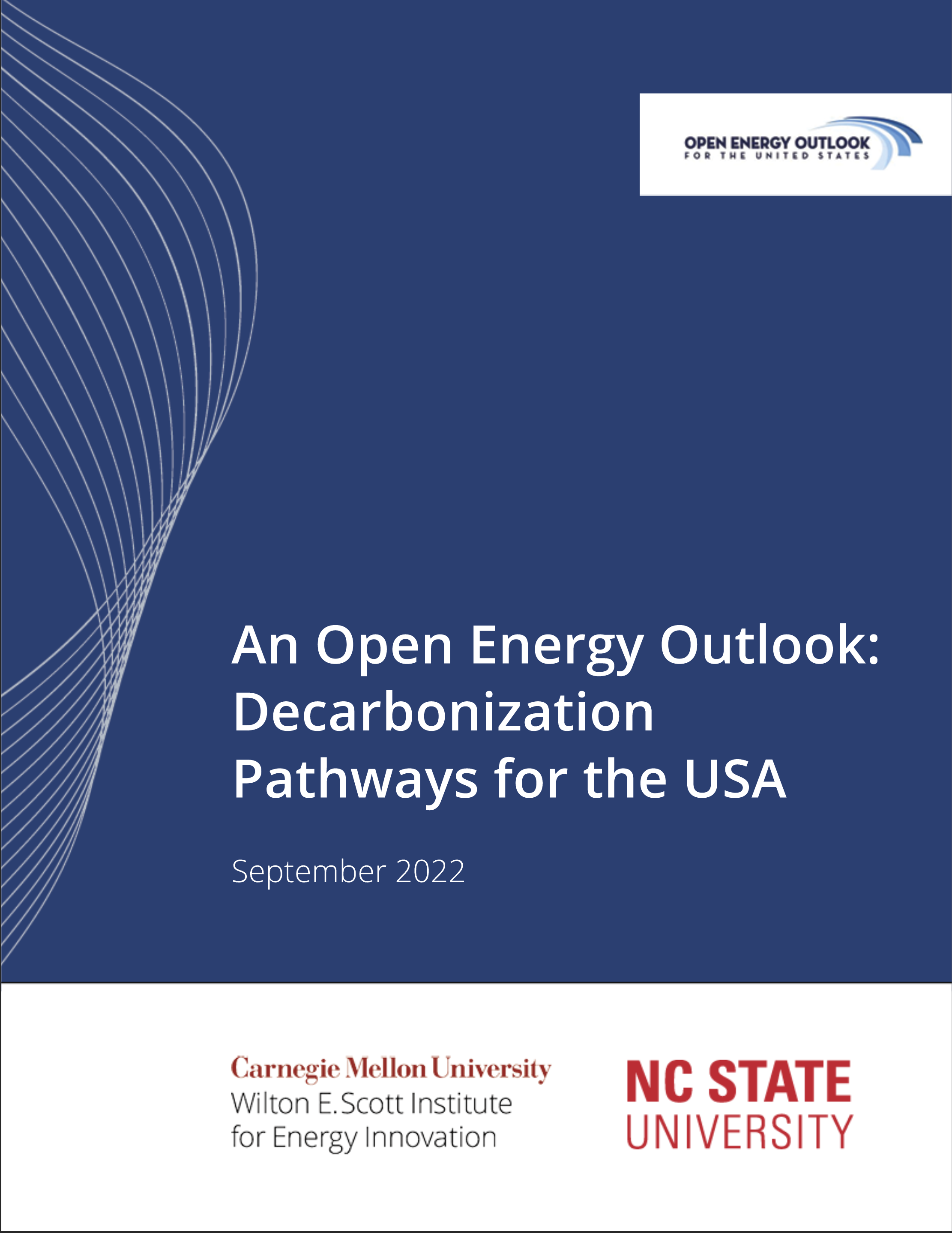Electricity planning strategies in a conflict-prone environment
Published:
Very happy to see this published at Energy for Sustainable development from Elsevier. This is a fruit of collaboration with Neha Patankar (first author - congrats Neha! She is a Ph.D. candidate in OR at North Carolina State University - NCSU) and professors Joseph DeCarolis (NCSU), Morgan D. Bazilian Colorado School of Mines) and Deb Chattopadhyay (The World Bank). This piece explores electricity planning strategies in a conflict-prone environment. A stochastic energy system optimization model that explicitly considers the possibility of armed conflict leading to electric power generator damage is proposed. Our analysis for South Sudan shows that solar photovoltaics can play a critical role in composing the future electric power system for the country. In addition to mitigating greenhouse gas emissions and increasing access to electricity, the analysis suggests that solar energy can be used to hedge against economic losses incurred by conflict. While this piece focuses on South Sudan, the analytical framework can be applied to other conflict-prone countries.




